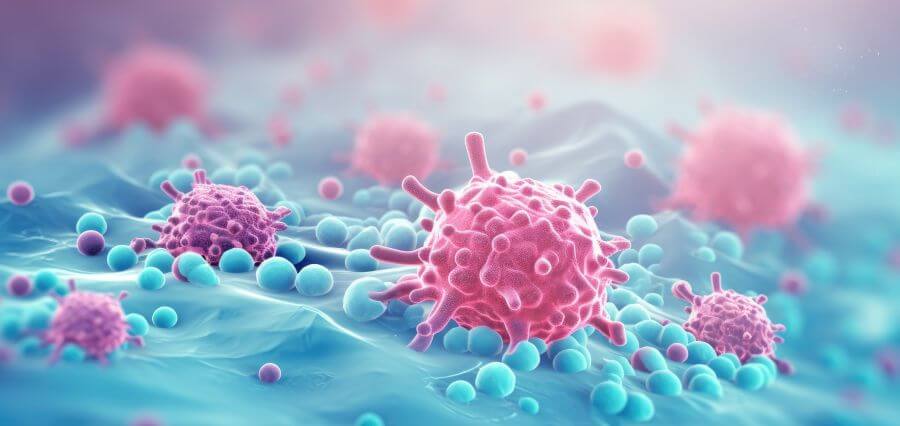This advancement will prevent cancer patients from undergoing unnecessary and costly treatments or investing time in therapies that ultimately prove ineffective. Tumors extracted through surgery from cancer patients can now be maintained in a viable state for up to 10 days, allowing for the testing of various anti-cancer drugs and treatments. Singaporean scientists have developed a jelly-like hydrogel derived from hyaluronic acid, a naturally occurring water-retentive substance present in human tissues and fluids such as skin, joints, and eyes.
The hydrogel substantially prolongs the viability of tumor fragments’ structure and “architecture,” which would otherwise degrade within a few hours to one or two days outside the body. Extended culture durations are necessary for drug testing and the examination of molecular and cellular processes. To achieve this, the researchers employed a vibrating microtome machine to precisely slice fragments of the tumor extracted from the patient, which were then cultured on a hydrogel disc.
Assistant Professor Eliza Fong, a co-author of the study, explained, “We utilized the hydrogel to cultivate fragments of tumors obtained from patients with head and neck cancers involving squamous cells, and observed its potential in preserving them for drug testing.”
“Furthermore, it demonstrated efficacy across various cancer types, including peritoneal, lung, colorectal, and ovarian,” remarked Professor Fong, affiliated with the Department of Biomedical Engineering at the National University of Singapore College of Design and Engineering. The findings of the research were published in the peer-reviewed journal Biomaterials on January 20th. Professor Gopal Iyer, also a co-author of the study and head of the Department of Head and Neck Surgery at the National Cancer Centre Singapore, emphasized that cancer poses the greatest challenge in terms of precision treatments.
“For years, I’ve been attempting to extract tumor cells from patients and cultivate them to determine if they could provide insights into how patients respond to anti-cancer medications. However, tumors contain more than just cancer cells. Regrettably—or perhaps fortunately—around five to ten years ago, there was a surge in immunotherapy, which rendered my models obsolete,” he explained.
Read More: Click Here





